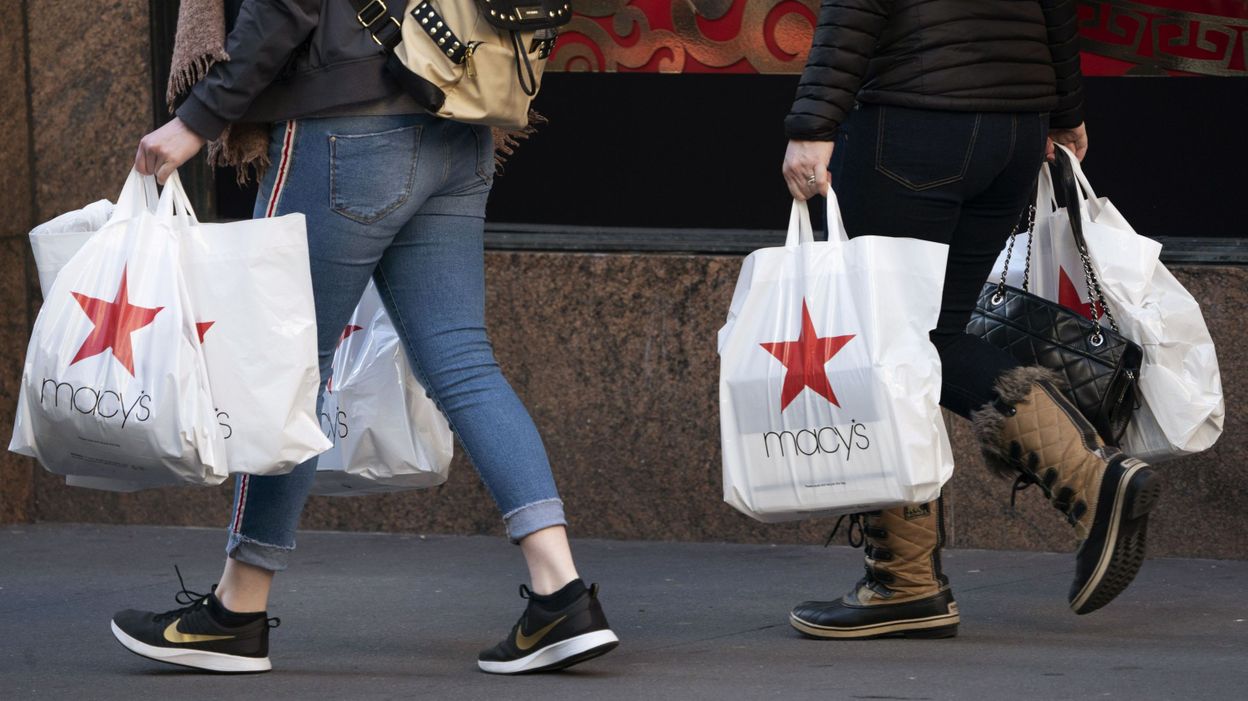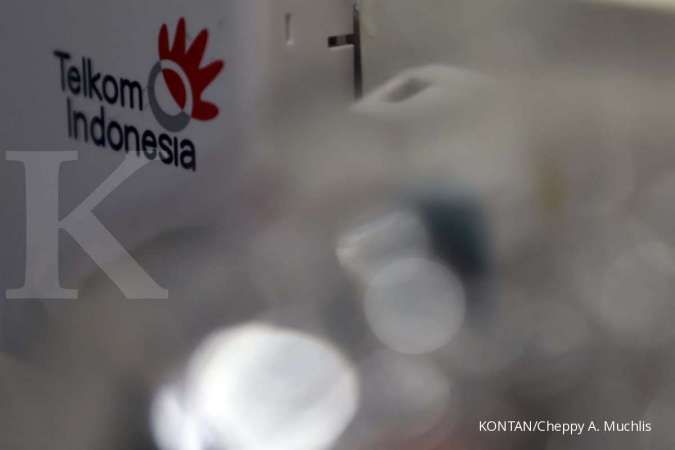New York, one of the world capitals of consumerism, is preparing this Sunday to ban single-use plastic bags in most businesses, a measure still rare in the United States, the result of four years of efforts.
The 8.5 million inhabitants of the American financial capital and all of New York State, who claim to be at the forefront of environmental protection, have had trouble taking the plunge, as they are used to seeing cashiers pack their groceries or meals delivered to their homes in bags that are often lined for extra strength.
In 2016, the first city in the United States passed a law imposing a tax of 5 cents per bag, but it was overturned statewide.
In April 2019, the State Parliament finally gave the green light to a new law, with exceptions, coming into force on Sunday.
This time, several New Yorkers interviewed by AFP at the exit of supermarkets said they were ready.
“Learn to adapt“
Janice Vrana, 66, who says she has been shopping with reusable bags for 10 years, is eager to get rid of plastic bags “intrusive“.
“We could truck over them 500 times in a row, we probably wouldn’t be able to destroy them. If I can contribute even a little, I contribute“she said.
►►► Read also: humans ingest up to five grams of plastic per week, according to WWF report
“It’s great that people are becoming more aware of how their daily shopping affects the environment, I’m all for“Said Janine Franciosa, 38, who works in advertising. Plastic bags are sometimes very practical, she emphasizes nonetheless, but”we will have to learn to adapt“.
Others are less enthusiastic.
“A lot of people are pissed off they want plastic“Often because they use them as trash bags,” explains Terri Maldonado, a cashier at a supermarket on the Lower East Side.They never bought trash bags in their life“.
New York State consumes approximately 23 billion plastic bags per year, according to official figures. Some 85% of them end up being dumped, polluting the streets, beaches or landing in landfills.
According to Kate Kurera, vice-director of the environmental organization Environmental Advocates of New York, the measure should “reduce considerably“plastic pollution, despite the multiple exemptions.
Exception for take-out food
In particular, all take-out food that New Yorkers love will continue to be wrapped in plastic.
Plastic is also tolerated for packaging medicines or newspapers delivered to homes, often left on doorsteps, or fresh non-prepackaged products such as meat and fish.
Favor pedagogy
Although fines of up to $ 500 per bag in the event of a repeat offense are planned for stores that continue to donate plastic bags, New York State intends first to prioritize education and encourage residents to have always with them a reusable bag.
As for the paper bags, their cost could vary according to the county of the State of New York in which one is located.
Each county has to choose whether or not to levy a tax of 5 cents per paper bag, which will go to an environmental fund.
Three counties including the one that includes New York City, out of 62, have already opted for this tax.
According to Greg Biryla, director for New York State of the National Federation of Independent Businesses, paper bags and other alternatives cost up to seven times more than plastic bags. These alternatives “are proportionately more penalizing for small businesses, which cannot order large quantities“he said.
It is forbidden to forbid ?
The United States still has little legislation to reduce its consumption of plastic products, despite their highly publicized polluting effects in recent years, especially on the oceans.
Apart from New York, only California, Oregon, and indeed Hawaii have already banned them. Four other states have adopted laws to this effect, which will enter into force shortly.
►►► Read also: why is plastic recycling responsible for the start of a global crisis?
But other states like Texas have banned their cities from banning plastic bags.
Even if the measure should not be applied until 2021, the Parliament of the European Union approved in March 2019 the ban on many consumer plastic products, including straws, cotton swabs, plastic cutlery, still ubiquitous. in the USA.
–


